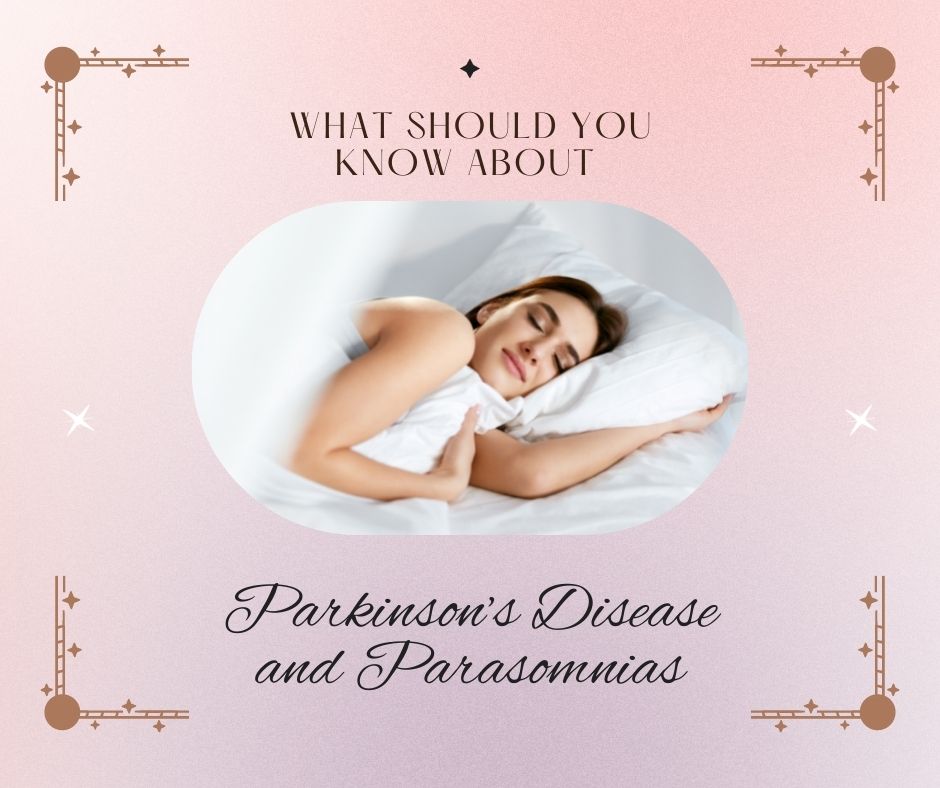Parkinson’s disease, named after English apothecarist James Parkinson, is a disorder that affects the nervous system. It is caused by a loss of substantia nigra (Latin for “black substance”), a nerve cell inside of the brain that creates dopamine. It is also responsible for operating your central nervous system. Symptoms typically appear around age 60. Parkinson’s disease is more common in men than in women. It is not completely known why some people are more susceptible to it than others, but it is shown to run in families. Contrary to popular belief, the condition is not as directly lethal as a stroke or a heart attack. There is no cure for Parkinson’s disease, but medication can help lessen the severity of the condition.
Early signs of Parkinson’s disease include:
🟢 Trembling of hands
🟢 Balance and posture issues
🟢 Issues falling or staying asleep
🟢 Losing one’s sense of smell
🟢 Handwriting becoming smaller than normal
🟢 Problems with the bladder, including an urgent need to urinate even when it is not full
🟢 Constipation
🟢 Fatigue
As mentioned above, those with Parkinson’s disease may also experience parasomnia and disruptive sleep disorders. So what exactly is the connection between the two? Parkinson’s disease has been found to be linked with insomnia, daytime sleepiness, REM-sleep behavior disorder (RBD), and restless legs syndrome. This is due to chemical changes in the brain that are occurring as a result of the disorder that disrupts sleep-wake cycles. This can cause an individual to either experience difficulty falling or staying asleep or sleep too much. These problems are equally as harmful to a person’s routine and physical health.
Fortunately, there are a few ways you can help yourself. You can follow these useful tips:
✅ Go outside and get some sunshine during the day. This naturally helps your sleep-wake cycle.
✅ Avoid taking long naps during the day.
✅ Staying away from caffeine, alcohol, and smoking no less than 4 hours before bed. Generally speaking, it is good practice to avoid smoking or alcohol completely if you have Parkinson’s.
✅ Maintaining the bedroom at a comfortable temperature. In addition, designate the bedroom for sleeping. Keep the TV, computer, and cellular devices out of the room.
✅ Avoid intense workouts 2 hours before going to sleep. Exercise during the morning or the afternoon instead.
✅ Talk to your doctor about changing your medication if you feel that it is the primary reason for your disrupted sleep
If you or someone you know is showing signs of Parkinson’s disease, do not rely solely on Google and online articles to try to come up with a solution for the symptoms on your own. People with Parkinson’s are at risk of death from neglecting proper treatment, such as suffering from a fall. The only way to live a more comfortable life with Parkinson’s disease is by consulting a medical professional. Please schedule an appointment with your primary care doctor right away to discuss your symptoms to receive a proper evaluation and treatment plan. Even if Parkinson’s is not present, you may be experiencing another critical condition that requires your attention. If symptoms become life-threatening, call 911 or go to your nearest emergency room right away.
